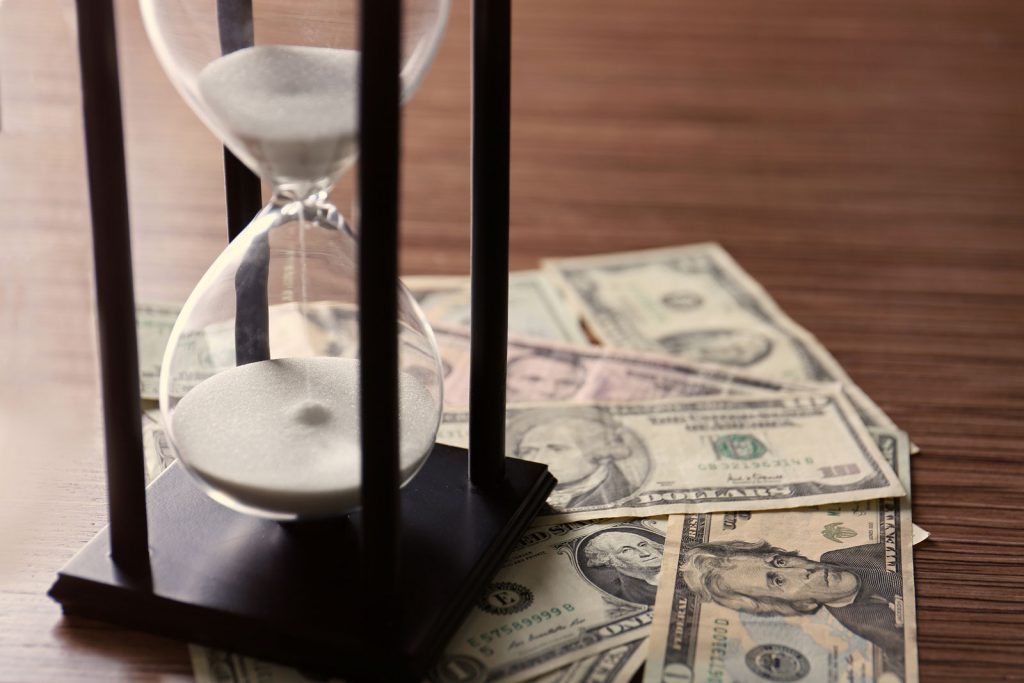
American investors are either looking at a big problem – or a big opportunity.
Despite being in the midst of an unprecedented stock market boom, many financial analysts have already started predicting the start of the next economic decline.
Some of the forecasts for the next recession are based on the length of the current recovery, which is now one of the longest expansions on record. Further, when the unemployment rate falls below 5 percent, and it has since January 2016, history shows a recession usually follows within the next two to three years, according to market intelligence company Axiometrics.
However, whether this sounds like bad or good news depends entirely on your asset allocation.
This is what Upside Avenue’s newly-released white paper titled Investing for Cash Flow explores. The report, which can be downloaded here, seeks to demystify real estate investing and places a special spotlight on the multifamily market, which has not only withstood economic downturns in the past but is poised to remain strong for years to come.
The multifamily real estate sector, which includes properties with more than one rentable unit such as apartment complexes, is famous for having outperformed other sectors in the housing market during the global economic downturn that began in 2007, the white paper shows.
Now, even brighter predictions are set 2018 and beyond, especially for such subsectors as apartments, senior living, and student housing properties, which are known for their high yields.
At the same time, demand for multifamily homes continues to look favorable, with renter populations expected to climb from now until 2041. This is being peddled by Millennials, who are choosing to marry and start families later in life whilst brushing off homeownership.
This positive trend in rental growth, combined with the effects of the new tax laws which lessen the tax benefits for buying a home for most income levels have many investors wondering if the risks associated with being in such an overheated stock market are worth it.
While high investment minimums typically starting at $50,000 to $100,000 have kept many in overheated capital markets, times have changed. Thanks to advances in technology and the passage of new financial regulations, all investors to be able to invest in private offerings like Upside Avenue for as little as $2,000.
To learn more about diversifying your portfolio into private market real estate, start here.

